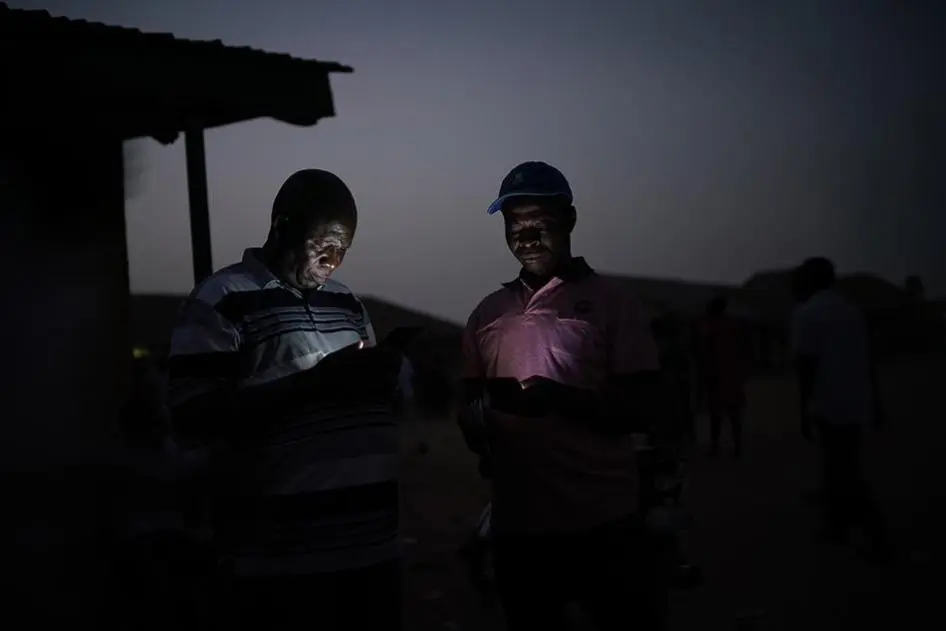Users Stranded Amid Internet Disruptions In East Africa Caused By Cable Damage

Internet users across East Africa are facing connectivity woes due to multiple undersea cable cuts, causing sluggish internet speeds and intermittent outages. The disruptions, attributed to severed cables off the coast of South Africa, have impacted countries including Kenya, Tanzania, Rwanda, and Uganda.
According to industry experts, the fault in the undersea cables has led to spotty internet service, prompting service providers to acknowledge the problem and assure users of ongoing efforts to resolve it. Ben Roberts, a technology and innovation officer at Liquid Intelligent Technologies, confirmed that the Eassy cable, running along the East African coast, was severed near Durban, South Africa, alongside another cable, dismissing sabotage claims as an unfortunate coincidence.
The repercussions of the cable cuts extend beyond East Africa, with neighbouring countries such as Malawi, Mozambique, and Madagascar also experiencing connectivity issues. Cloudflare Radar, which monitors internet traffic, reported significant drops in expected traffic levels in affected regions, with Tanzania particularly hard hit, seeing traffic levels plummet to 30%.
The timing of these disruptions adds to the frustration for users, coming on the heels of similar outages in West and Southern Africa in March. In that instance, cable failures affected countries like South Africa, Nigeria, Ivory Coast, and Ghana, highlighting the vulnerability of Africa’s telecommunications infrastructure to such incidents.
While efforts are underway to reroute traffic and repair the damaged cables, the impact on internet-dependent services is keenly felt. In Kenya, major telecom providers, including Safaricom and Airtel, have been inundated with queries from frustrated customers seeking updates on the situation and expressing concerns about the reliability of their services.
Despite assurances from service providers that they are working diligently to restore full connectivity, the lingering disruptions serve as a reminder that as reliance on digital infrastructure continues to grow, ensuring the resilience and redundancy of these critical links becomes paramount to mitigate the impact of future disruptions.
Featured Image Credits: Human Rights Watch